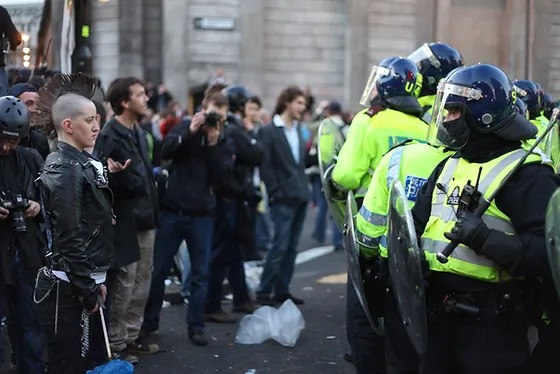History of the Private Security Bureau


The Texas Department of Public Safety, Regulatory Services Division which oversees the Private Security Bureau, formerly known as the Texas Board of Private Investigators and Private Security Agencies, was created in 1969 to license and regulate the investigations and security industry in Texas.
Regulated Services include: Investigations, Guards (both unarmed and armed), Security Alarms, Armored Car Service, Courier Service, Electronic Access Devices, Locksmiths, Guard Dogs, Telematics, Security Consultants and Training Schools.
BOARD MEMBERSHIP.
(a) The Texas Private Security Board consists of seven members appointed by the governor with the advice and consent of the senate as follows:
(1) Four public members, each of whom is a citizen of the United States;
(2) One member who is licensed under this chapter as a private investigator;
(3) One member who is licensed under this chapter as an alarm systems company; and
(4) One member who is licensed under this chapter as the owner or operator of a guard company.
(b) Appointments to the board shall be made without regard to the race, color, disability, sex, religion, age, or national origin of the appointee.
The Government Bureau of Labor Statistics Occupational Handbook discusses the roles of Security Officers as follows:
Security guards, also called security officers, patrol and inspect property, to protect against fire, theft, vandalism, graffiti, terrorism, and Illegal activity. These workers protect their employer’s investment, enforce laws on the property, and deter criminal activity, and other problems. They use radio and telephone communications to call for assistance from police, fire or emergency medical services, as the situation dictates. Security guards write comprehensive reports outlining their observations and activities during their shift. They also may interview witnesses or victims, prepare case reports, and testify in court.
Conflict Resolution
As a security officer your job responsibilities will often cause you to come into contact with the public. Remaining calm and professional will ordinarily make these encounters stress free. However, occasionally the situation may result in a conflict between you and another person. Your goal in dealing with people is to persuade them to -gain voluntary compliance. In order to do this, you have to get them to do what they originally did not want to do. The best way to gain their cooperation is through the use of effective professional language.

Know Thyself
Before dealing with the public, begin by examining yourself.
Appearance
Your presence alone has the ability to alter behavior. Keep your uniform clean and pressed. Assure that you are
well groomed, clean, with hair and nails trimmed. You should be somewhat physically fit. Have good posture.
Conduct
How you carry yourself- with confidence, anger or fear, these things can be detected by others. Your voice should be clear and calm, with appropriate language. Train yourself to deflect (ignore) rude comments. By maintaining a professional demeanor you are more likely to resolve the problem.
Triggers
All of us have certain expressions or phrases that serve to “trigger” us to react with anger, humiliation, prejudice, etc. This can be as simple as “You can’t make me!” Recognize your triggers. Write them down. When confronted with one of these verbal assaults- recognize it and do not react. By reacting you will escalate the problem and allow your personal self to take over the situation.

Responses